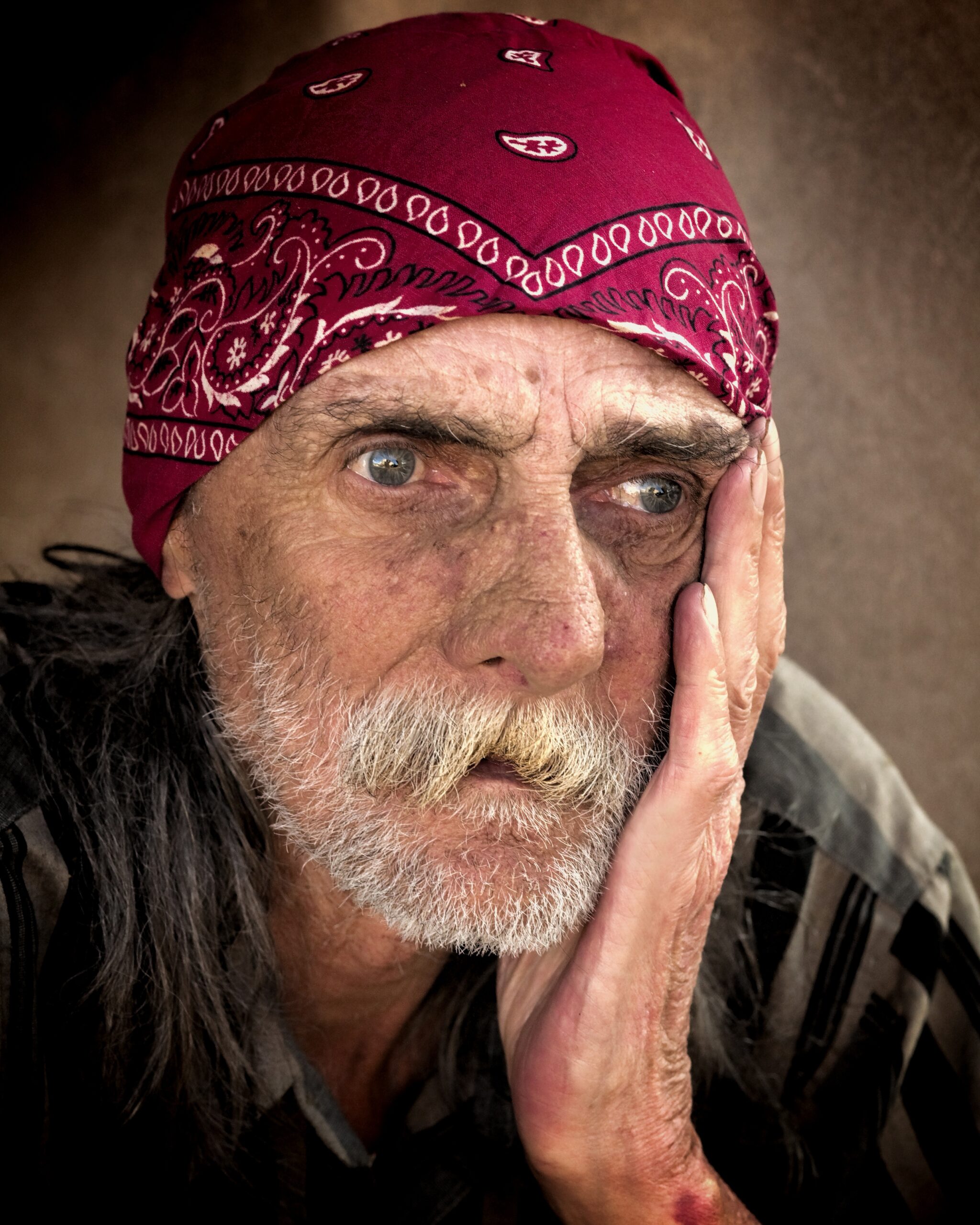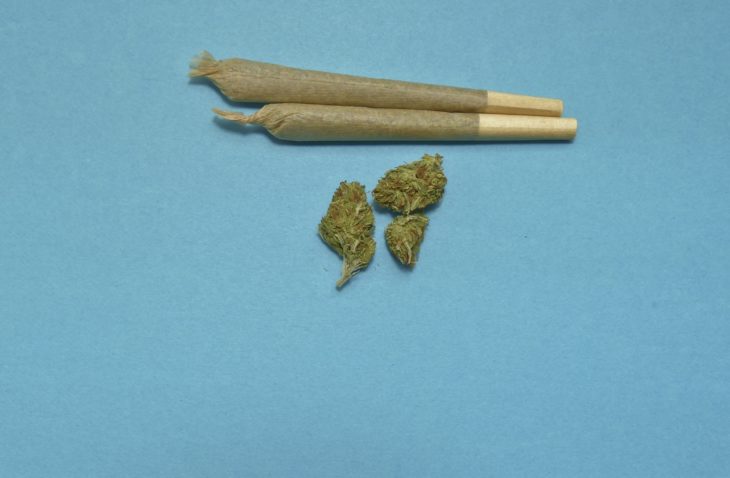There is still a lot of controversy about whether or not medical marijuana is a suitable treatment for depression. Many physicians and scientists are enthusiastic about marijuana’s potential in this area, while others remain skeptical and cautious, wary of recommending what is still seen by some as an unconventional treatment for an illness of this type.
Medical marijuana and its effects on depression is a fascinating area of study. Solid progress is being made, and excitement is growing amongst both experts and laypeople who are interested in learning more.

With over 350 million people worldwide suffering from depression, MMJ is slowly becoming more acceptable as a form of treating the condition.
For many years there has been a large amount of firsthand, anecdotal evidence from depression sufferers that medical cannabis can help them feel much better. But over the last number of years, promising studies have been coming out, and many respected experts have been going on the record about their belief that cannabis can work wonders for depression sufferers.
Current Treatments for Depression
Depression is a big problem in the modern day, with 350 million people worldwide suffer from the condition. More than ever before, depression is at epidemic proportions. It is a major cause of disability, and a very painful, life-hampering condition.
Currently, talk therapy and antidepressant drugs are the most popular methods of treating depression.
With skillfully applied talk therapy, it is possible to reduce, and even sometimes completely alleviate, a bout of depression. Cognitive Behavioral Therapy has proven to be a particularly effective form of talk therapy in the treatment of depression. Mild and moderate depressions can often be alleviated by therapy without the use of drugs, and this is recommended because the therapy will tend to deal with the root cognitive causes of the depression, thus ‘pulling it up by the roots’.
If a depression is severe (or if it is not, but a doctor is particularly lazy or corrupt), antidepressant drugs are usually prescribed. Unfortunately, antidepressant drugs often have a host of unpleasant side effects.
Tricyclic antidepressants, MAOIs, SSRIs and SNRIs are the four leading forms of antidepressant drug. All of these have negative side effects. These side effects can be even more debilitating than the effects of the depression.
It is unclear whether or not antidepressants are even very effective in the treatment of depression. The Journal of the American Medical Association reported an analysis that showed that antidepressants had little or no positive effect on people suffering with mild to moderate depression, and that they were only effective in cases where people had severe depression.
In the milder cases, they were no more effective than a placebo. ‘Big pharma’ companies make tens of billions of dollars from antidepressants annually, and doctors are often enticed to prescribe a specific company’s drug with financial incentives and gifts of one form or another. Beware.
More and more experts in the field of depression treatment are saying that medical marijuana could be used in conjunction with, or even instead of, antidepressants.

Since it is unclear whether or not antidepressants are effective in the treatment of depression, more doctors are open to using MMJ as an alternative treatment.
Research Concerning MMJ Use
Recent research by several highly-respected institutions, as well as important industry insiders, is suggesting that medical cannabis use could provide a host of benefits to people who suffer from depression.
Researchers from the University at Buffalo have been studying endocannabinoids; chemical compounds that are naturally produced in the human brain. These compounds affect emotion, cognition and behavior, and are very similar in their makeup to the cannabinoids found in cannabis.
Chronic stress can suppress the brain’s production of endocannabinoids, and this can lead to depression. It seems quite possible that introducing cannabis cannabinoids into a patient’s system could redress this issue and alleviate depression brought on by chronic stress.
Harvard School of Medicine psychiatry professor, Lester Grinspoon, has done a lot of research on medical cannabis and depression, and he concludes “cannabis has a lot of potential in the treatment of mental illness”, but with the caveat that “it will not work for everyone”.
In his 2003 article ‘Cannabis and Depression’, Jay Cavanaugh, PhD, National Director for the American Alliance for Medical Cannabis, said that “while cannabis cannot yet be considered a primary treatment of major depression, it may improve mood when used under a physician’s supervision and in combination with therapy and/or SSRI’s”.
In a 2006 research paper called ‘Decreased Depression in Marijuana Users’, Mitch Earleywine PhD, Associate Professor of Psychology at the State University of New York at Albany, and Thomas F. Denson PhD, Professor of Psychology at the California State University at Long Beach, state that people who use medical cannabis “occasionally or even daily have lower levels of depressive symptoms than those who have never tried marijuana”.
Some studies are reporting mixed findings. In 2007, a team at McGill University in Montreal tested the effects of THC on serotonin levels. They found that when taken in low to moderate doses, THC increased serotonin levels in the brain. However, when taken in high doses, THC actually decreased the levels of serotonin in the brain. This research suggests that getting the dosage just right is very important.
So, the inside story on medical marijuana and depression is interesting, fluid, developing, and still a little unclear. Things are looking promising, and a lot of very clever experts are getting very excited, but there is certainly still more work to be done. Watch this space.
